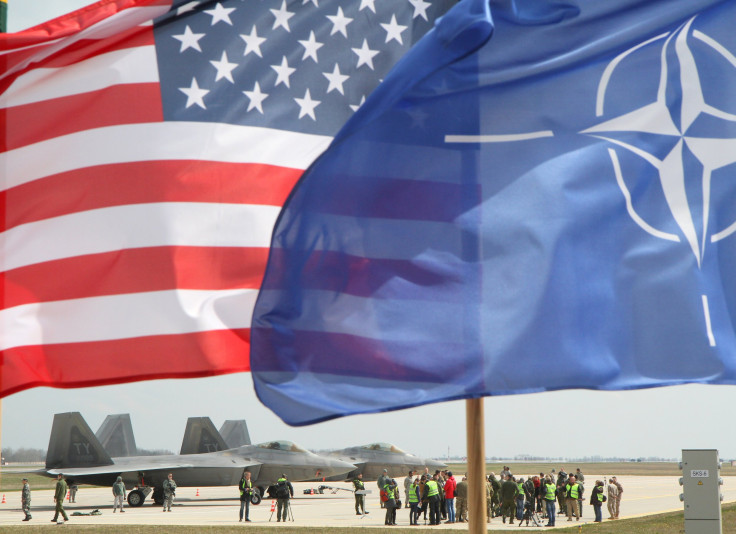Russia Will Answer NATO’s Buildup In Eastern Europe With ‘Military Technical’ Response, Envoy Says

While NATO says the deployment of its forces in Eastern European countries is to boost their defenses against enemies, Russia criticizes it as confrontational actions by the intergovernmental military alliance. And, according to a Russian diplomat, NATO’s buildup in those regions will be inevitably followed by a "military technical" response.
Russia’s remark came just two days prior to a crucial NATO summit in Warsaw this week, where, according to NATO Secretary General Jens Stoltenberg, the talks would aim to strengthen “collective defense and enhance cooperation with partners.” However, some also believe that the decisions that might be taken at the upcoming summit could undermine efforts to strengthen security in Europe.
“A confrontational agenda, in which we are not interested, is being offered to us. NATO should understand that all these measures will have a reverse effect from the military point of view,” Alexander Grushko, Russian Permanent Representative to NATO, reportedly said in an interview. “Naturally, our military technical is to follow.”
According to Grushko, NATO’s efforts to enhance security of European countries by means of deploying forces will “in fact only undermine this security,” while this buildup near Russian borders will also weaken trust between countries.
“The situation can be cardinally improved only if NATO abandons its current policy and military activities in the spirit of the Cold War containment. Only in this case it will be possible to create an environment to begin a discussion of measures of trust,” Grushko reportedly said.
Russia is concerned about the redeployment of the Ukrainian army units trained by NATO instructors toward Donbass, while NATO believes that possibilities of Russia attempting an attack on Baltic states surged after Moscow’s annexation of Crimea in 2014.
“Russia could conquer the Baltic states quicker than we could get there to defend them,” Gen. Ben Hodges, the commander of U.S. army in Europe, said, adding that Russia could capture the capitals of Latvia, Lithuania and Estonia in as little as 36 hours.
While such moves could trigger a broader war between Russia and the West, leaders at NATO’s summit on Thursday and Friday will reportedly want to avoid that. Last month, NATO announced that the alliance will deploy four multinational battalions to the Baltic states and Poland on a rotational basis against Russian aggression.
Moscow, which recently announced that it was reinforcing its military posture in its eastern borders, also hit out at NATO last month after the bloc accused the country of hindering military transparency in Europe by conducting snap exercises.
The Russian Defense Ministry said at the time that NATO was using so-called “Russian threat” to create panic, and showing the country as an enemy.
© Copyright IBTimes 2024. All rights reserved.





















